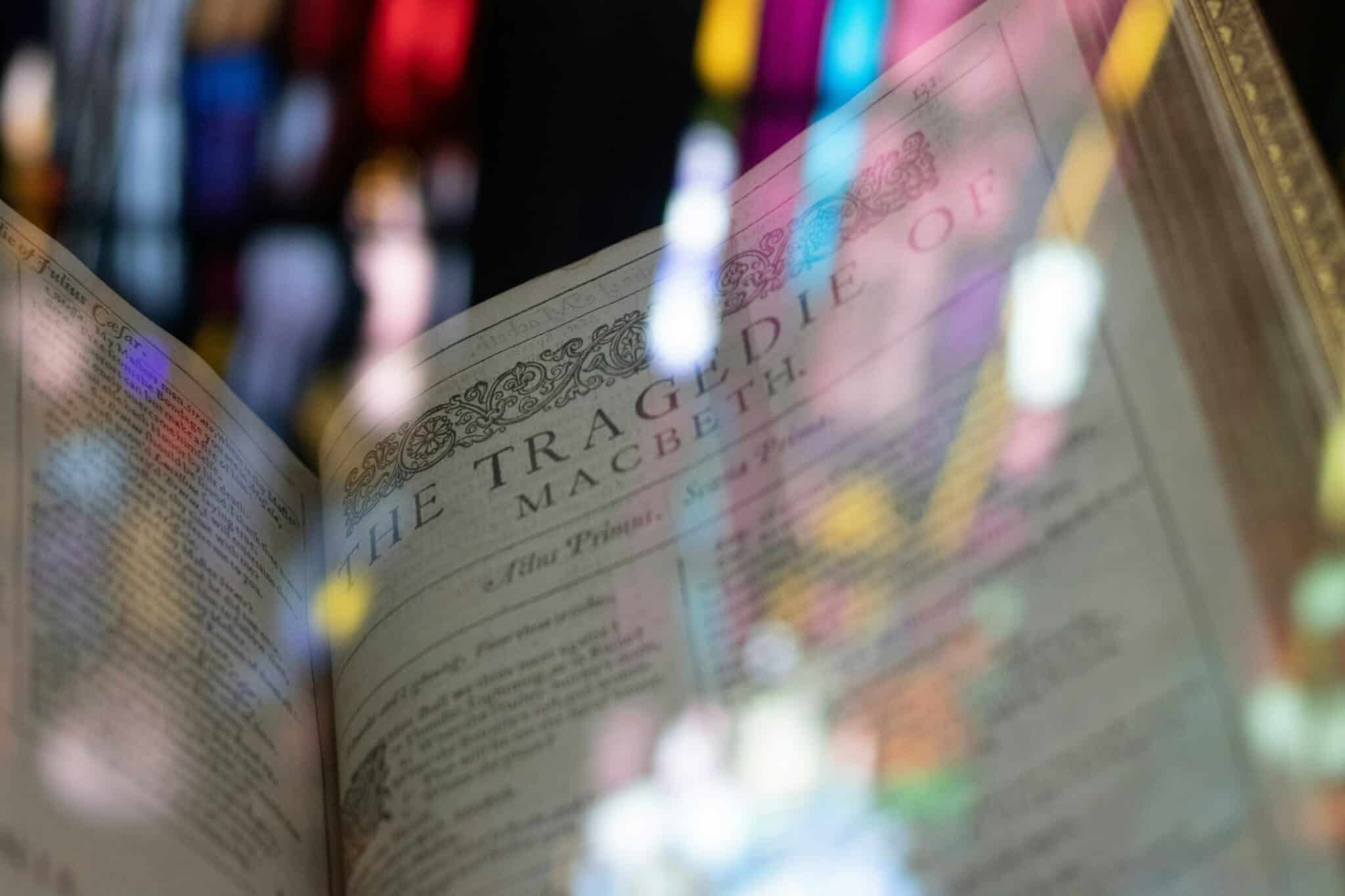
Preparing for the HSC many years ago I studied Macbeth. My double-fortune was to be taught by a Scotsman who left me with an abiding love of Donne, Elliot, Austen and the great Shakespearean tragedy.
In the interceding years, I have taught “the Scottish play” many times. With each read comes fresh insights and a deeper appreciation of Shakespeare’s works and their enduring truths.
Both as a student and a teacher I have had a particular love of the tragedies. This is not a pessimistic bent but a genuine fascination with the great internal battles that are part of human nature.
One can’t help but ask, “Why do some people succumb to the fatal flaws of their personality?”
The tragedies depict the perennial struggle between good and evil and spotlight the moral demise of noble and virtuous characters. They present a warning to us all.
Shakespeare’s tragedies did not have “happily ever after” endings. Rather, they were sad and provoked reflection, especially about our flawed human condition and the inevitable struggle between good and evil. The play Macbeth certainly achieved this.
The protagonist Macbeth is conscious of his radically changed life and impending doom. Despite this, he laments, “For mine own good, All causes shall give way. I am in blood Stepped in so far that, should I wade no more, Returning were as tedious as go o’er.”
Every time I read or hear this line I am moved by it. Macbeth has reached a “point of no return.” He is beyond repentance and accepts the ruination of his life. His moral demise will continue unabated until his life ends.
It has often been said that art imitates life. Shakespeare’s works certainly point to the reality of human experience, and this may well account for their enduring popularity. People see themselves in his works. The key is, we should learn from them.
Macbeth’s moral decay presents us with a stark warning. Life, with all its brokenness, is not beyond redemption and atonement. It can be lived differently.

Foolishly, some people go through life believing that their mistakes define them. Mistakes of one form or another are inevitable, and each new day opens up the possibility of beginning life anew. It is never too late for new beginnings.
My strongest sense of this has come when I have visited ex-students in prison or have contacted them upon their release. Mistakes have been made and a price has been paid.
But unlike Macbeth, they have not surrendered to their new way of life. Rather, they have tried to repair the damage that has been done and move on.
We should not give up on what life could or should be.
Sadly, many people have done just that. One look at the world around us shows that people get trapped in destructive cycles. This might involve violence, crime, drugs or pornography, and they find it easier to keep going rather than breaking the cycle. In a very real way, this points to a life without hope.
In the Christian community we have great sources of hope, none more so than the person of Jesus Christ. We find hope too through prayer and the sacrament of reconciliation.
Hope enables us to see our lives as having meaning and purpose.
Caught in a downward spiral of violence and murder, Macbeth had lost all sense of these. He lamented, “Life’s but a walking shadow, a poor player that struts and frets his hour upon the stage, and then is heard no more. It is a tale told by an idiot, full of sound and fury, signifying nothing.”
While this should not be our view or experience of life, it should serve as a warning that we should always turn to the better angels of our nature.
